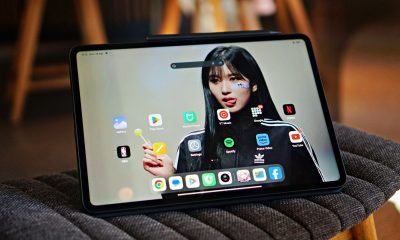India
Apple may soon start selling top-end iPhones made in India
Hopefully, the iPhones get cheaper
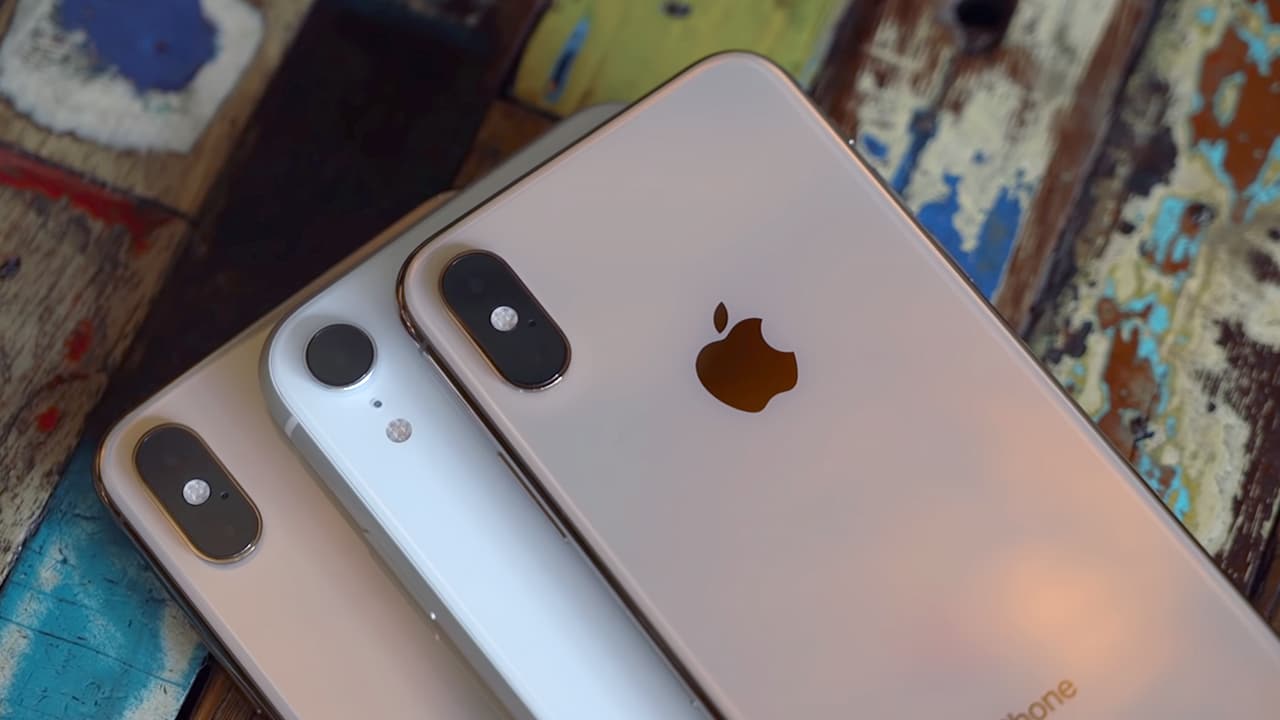
Apple has been trying to ramp up local production in India for years but has always hit a few roadblocks. In 2016, it finally started making the iPhone SE via its partner Wistron. They slowly expanded the facilities to make space for the iPhone 6S and iPhone 7 last year.
A new report by Reuters suggests new top-end iPhones that are assembled in India could hit stores as soon as next month. The Cupertino giant has also partnered with Foxconn in the country and their facility is located in the state of Tamil Nadu.
Local sourcing of iPhones will help the brand bypass import duty on fully-built devices as well as meet local regulations for opening its first-hand retail stores in the country. The Indian government currently levies 20 percent import duty on finished devices and this makes the iPhone quite costly in the country right now.
We expect the prices of iPhone XR and XS to go down marginally after production has leveled up to the demand. Currently, every major smartphone brand has local facilities in the country to avoid import duty. Samsung has successfully kept the prices of its flagship phones on par with international rates because of this.
Apple has taken a massive beating in India and its market share is now lesser than one percent. Competition from OnePlus, Samsung, and even Huawei has decimated the giant. Even though it enjoys the widest brand recognition, extremely high prices are a huge hurdle.
The government also plans to make the country a hub for smartphone manufacturing. In fact, Xiaomi has also started sourcing components like PCBs and displays locally. This further gives the brand an edge in avoiding import duty on individual components.
With the ongoing trade war between the US and China, India could very well take advantage and become a secondary smartphone-making hub of the world.

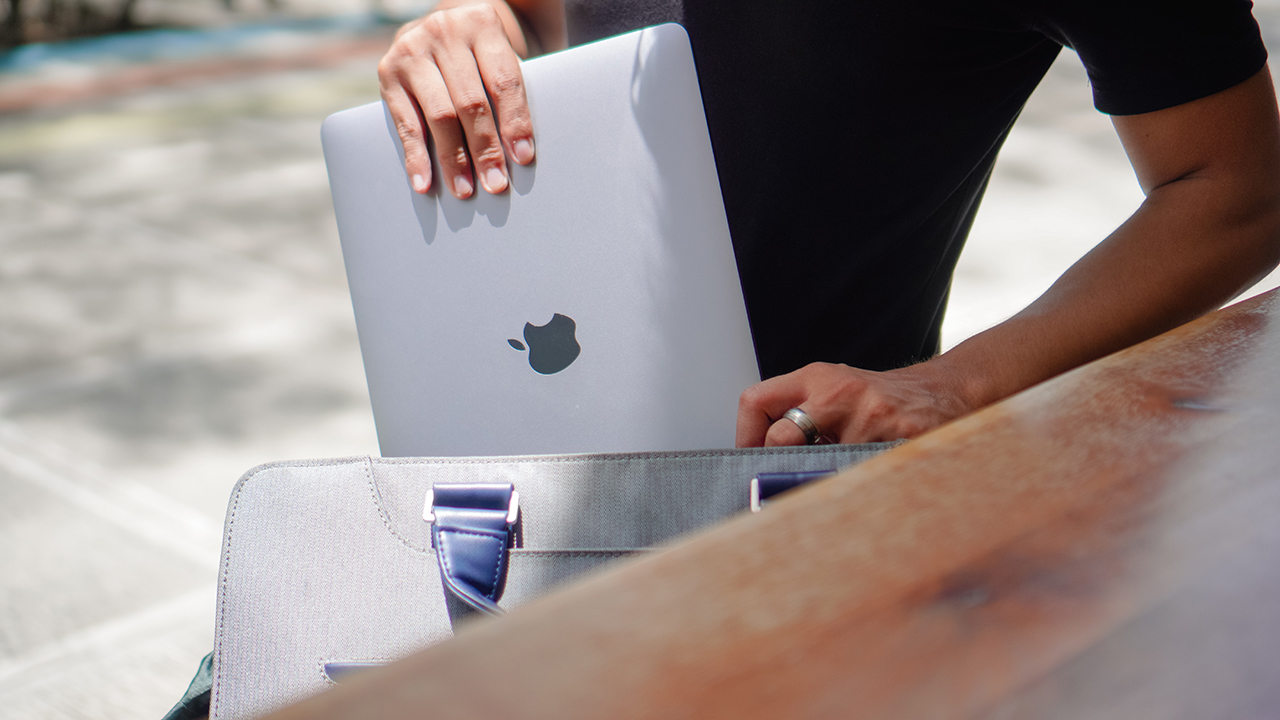
There’s no doubt that India is a major market for technology. While the country has its own brand preferences outside of the world’s usual, everyone still wants to get a piece of the market. To the dismay of global companies, the country is realizing the potential of its own market. Effective immediately, India has started restricting imports for new laptops, tablets, and PCs.
Recently, India made some headlines in the smartphone industry. A few companies, including Apple, have poured funds into building factories in India. Locally produced devices will allow these companies to attract the Indian market better. With the new regulations out today, it looks like these brands are going to enjoy a head start over others who aren’t in the country yet.
The Indian government introduced a new restriction (via Reuters) against the importation of “laptops, tablets, all-in-one personal computers, and ultra-small form factor computers and servers” made from other countries. Customers, however, will get an exemption. Airline passengers can still bring in these devices in their luggage. Additionally, a single imported device is allowable when bought through e-commerce platforms. Companies can import their products only by applying for a special license.
In a nutshell, bulk orders without a license are out. The government is instead encouraging users to buy locally produced products as part of its “Make in India” program. At the very least, it’s not a total ban on foreign brands. For example, Dell, HP, and Lenovo are exempt from the regulations since they already have production facilities built in the country.
SEE ALSO: Samsung overtakes Xiaomi as top phone brand in India

Attacking a huge smartphone market is difficult. With preferences constantly evolving, it can get tricky to figure out the best lineup to capture most of a market. Samsung, however, has just done it. In the last quarter of 2022, Samsung has taken the crown from Xiaomi as the bestselling smartphone brand in India.
India is an important market for most smartphone brands. It’s one of the largest markets in the world. However, despite its size, the biggest players are often those who offer more affordable devices for consumers. Budget is the name of the game if a brand wants to make it big in the country.
Things are changing, though. According to new market data (via Reuters), Samsung has nabbed the throne from the former leader, Xiaomi. In the last quarter of 2022, the Korean brand grabbed 20 percent of the market, while the latter only got 18 percent.
In a trend dubbed as premiumization, Indian consumers are reportedly enjoying more disposable income, resulting in more willingness to buy pricier products. Additionally, the report hints that consumers have started equating lower prices with inferior quality.
With the market trending towards more premium products, Samsung took the lead with a lineup that consists more of midrange to premium devices. It will also be interesting to see if Apple, an even more premium brand, can also make a dent in the Indian market.
SEE ALSO: Buyer’s Guide: Samsung Galaxy S23 Ultra
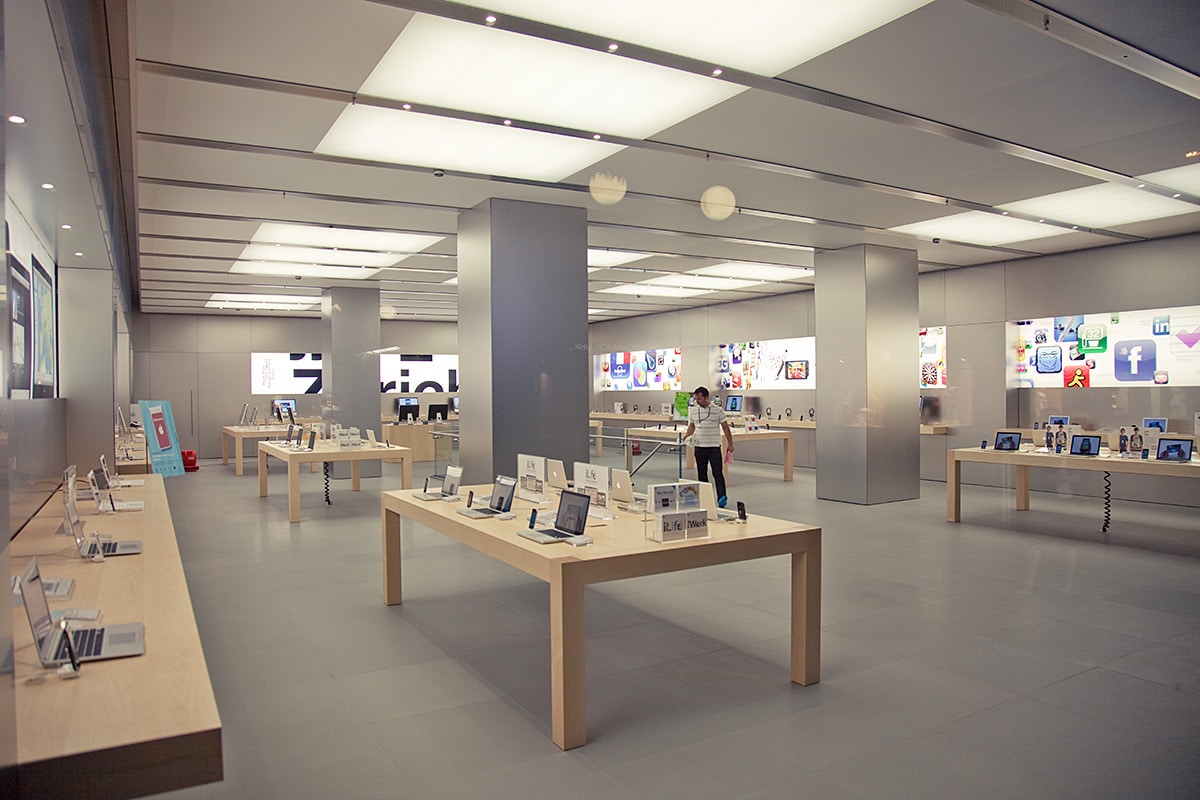
For one of the largest smartphone markets in the world, India is one of the rarer countries where Apple does not outright dominate. Undoubtedly, the company is trying to change that. Ongoing job listings in India are suggesting that Apple is ready to open its first brick-and-mortar store in the country.
First reported by Financial Times, Apple has posted job openings in India for several retail roles including for the iconic Genius Bar. Another clue even indicates that some spots have already been filled ahead of time. A few employees in the country have reportedly posted about their new jobs on LinkedIn.
Unfortunately, none of the job listings show how many stores are planned and where they will be. Narrowing things down by a bit, a few of the confirmed employees are from Mumbai and New Delhi. The report also does not indicate when the stores will open. However, since a few have already been hired, a grand opening might be coming soon.
Apple has a lot to gain by strengthening its foothold in India. The country is an important stronghold for smartphone companies. However, the company might find things harder as time goes by. The country recently dictated that brands must switch to USB-C if they want to sell their devices in India. All over the world, Apple remains the last stalwart against adopting the more universal standard.
-

 Reviews1 week ago
Reviews1 week agorealme 12 5G review: It was enchanting to meet you
-

 Reviews4 days ago
Reviews4 days agoOnePlus 12R review: Making sense of OnePlus’ latest flagship
-

 Buyer's Guide2 weeks ago
Buyer's Guide2 weeks ago2024 Samsung TV: Buyer’s Guide
-

 Reviews2 weeks ago
Reviews2 weeks agoJBL Soundgear Sense review: Make every run magical
-
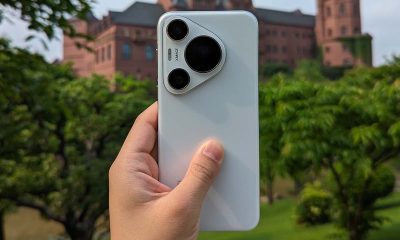
 Smartphones3 days ago
Smartphones3 days agoHuawei Pura 70 Pro Unboxing and First Impressions
-

 Reviews2 weeks ago
Reviews2 weeks agoChallengers review: A thrilling drama wrapped as a tennis anime
-
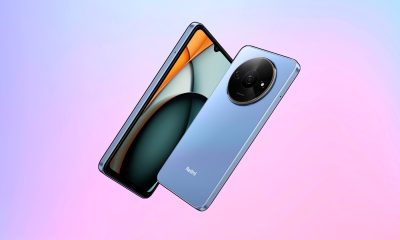
 News1 week ago
News1 week agoXiaomi Redmi A3 Philippine pricing, availability
-

 Smartphones1 week ago
Smartphones1 week agoInfinix NOTE 40 Pro+ 5G: Philippine pricing, availability








